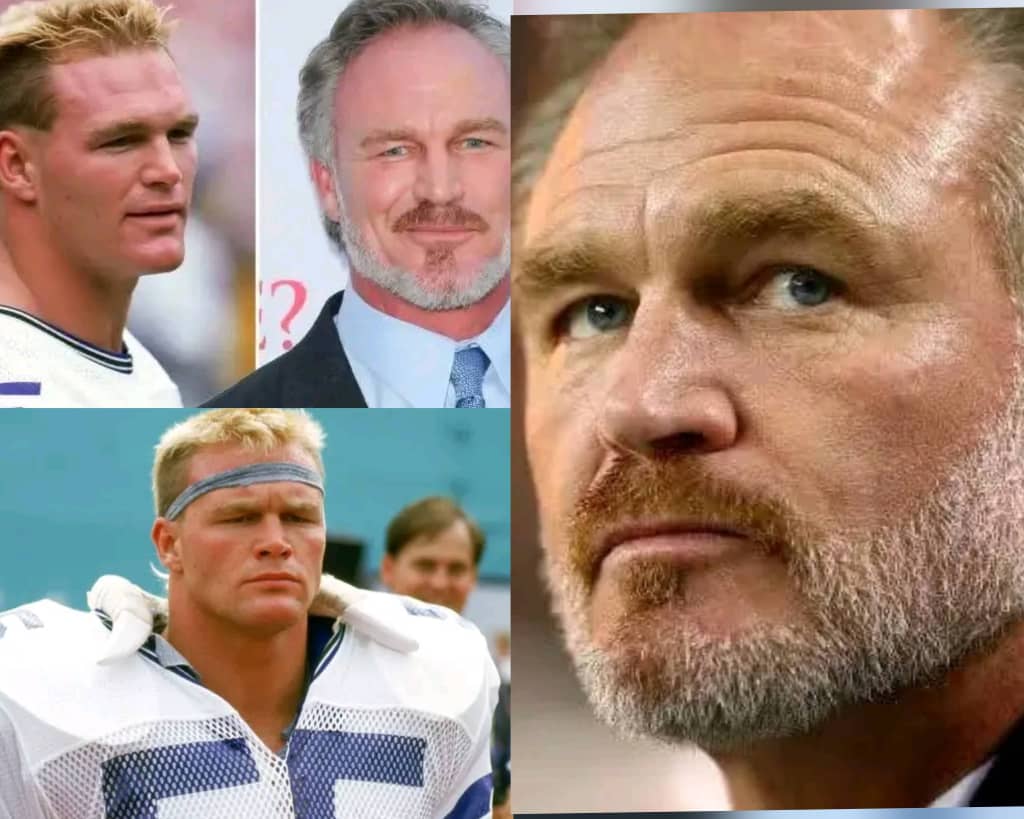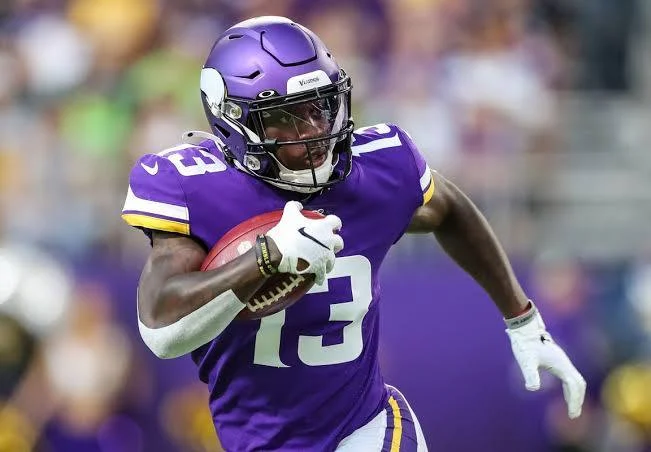The Rise, Fall, and Reinvention of Brian Bosworth: The Untold Story of “The Boz”
Introduction: A Football Rebel Who Became a Legend
Brian Bosworth, widely known as “The Boz,” remains one of the most colorful figures in the history of American football. From his meteoric rise with the Oklahoma Sooners in the 1980s to his short-lived NFL career with the Seattle Seahawks, and eventually his transition into Hollywood and media, Bosworth’s life is a fascinating tale of talent, controversy, and reinvention. Few athletes have embodied both the promise and pitfalls of stardom as vividly as he did.
Early Years: From Humble Beginnings to a Football Dream
Born on March 9, 1965, in Oklahoma City, Oklahoma, Brian Bosworth grew up with a competitive spirit and a strong drive to prove himself. He attended Irving High School in Texas, where he quickly stood out as a linebacker. His combination of raw strength, speed, and ferocity on the field caught the attention of college scouts nationwide.
In 1984, he committed to play for the University of Oklahoma Sooners, a decision that would propel him to stardom and make him a household name.
College Stardom at Oklahoma: The Legend of “The Boz”
Bosworth became a two-time All-American at Oklahoma, and his reputation as one of the fiercest linebackers in college football grew with every season. He won the Butkus Award in both 1985 and 1986, cementing his status as the best linebacker in the nation.
But it wasn’t just his on-field dominance that made headlines. Bosworth crafted an alter ego—“The Boz”—a brash, outspoken, flamboyant character with dyed blond hair, flashy sunglasses, and a rebellious streak. This persona made him both loved and hated across the country.
The NCAA Feud and Controversies
Bosworth’s rebellious nature often put him at odds with authority. His most infamous moment came during the 1987 Orange Bowl, when he wore a T-shirt that mocked the NCAA as the “National Communists Against Athletes.” This bold move made him a symbol of defiance but also fueled debates about amateurism and the power of college sports institutions.
Despite his antics, there was no denying his talent. Fans adored his energy, while critics saw him as arrogant. Regardless, he was the face of college football in the mid-1980s.
NFL Dreams and Disappointment: A Career Cut Short
In the 1987 NFL Supplemental Draft, the Seattle Seahawks selected Bosworth with a massive financial investment. His contract, worth $11 million over 10 years, was the largest rookie deal in NFL history at the time. The expectations were sky-high.
Bosworth’s NFL career, however, never lived up to the hype. Shoulder injuries plagued him from the beginning, limiting his explosiveness and effectiveness. He played just three seasons (1987–1989) before retiring at the young age of 25.
One of the most memorable moments of his pro career came when he was famously run over by Bo Jackson of the Los Angeles Raiders during a Monday Night Football game in 1987. That play became symbolic of Bosworth’s struggles in the NFL.
Reinvention: From Football Star to Hollywood Actor
After retiring from football, Bosworth reinvented himself in Hollywood. He made his acting debut in the action movie “Stone Cold” (1991), playing a hard-edged undercover cop. While the movie didn’t make him a box-office superstar, it gave him a second career path.
Throughout the 1990s and 2000s, Bosworth appeared in a series of action films and television shows. Though he never reached the A-list, he carved out a respectable career as a recognizable face in the action genre.
Later Years: Commentary, Faith, and Reflection
In the 2010s, Bosworth returned to the public spotlight in new ways. He worked as a college football commentator, bringing his unique perspective to the game he once dominated.
He also starred in the ESPN 30 for 30 documentary “Brian and The Boz” (2014), which explored his complex relationship with his alter ego. In the film, Bosworth reflected on how “The Boz” persona sometimes overshadowed his true self, creating both opportunities and regrets.
In addition, Bosworth became more open about his Christian faith and his role as a motivational speaker, often addressing young athletes about the dangers of fame, ego, and losing sight of one’s true identity.
Legacy: The Boz in American Sports Culture
Even though his NFL career was brief, Brian Bosworth’s impact on American sports culture remains significant. He is remembered not just as a player, but as a phenomenon—a symbol of 1980s excess, rebellion, and entertainment.
- As a football player: He was one of the greatest linebackers in college football history.
- As a cultural figure: He was a marketing pioneer, understanding the power of branding before it became common in sports.
- As a man: He eventually found peace by separating Brian Bosworth from “The Boz,” reconciling his fame with his personal life.
Conclusion: The Redemption of Brian Bosworth
Brian Bosworth’s journey is one of brilliance, controversy, disappointment, and reinvention. While his time on the football field was short-lived, his legacy extends far beyond tackles and highlight reels. He became a cautionary tale, a pop culture icon, and ultimately, a man who found a way to live beyond “The Boz.”
Today, Bosworth stands as a reminder that greatness is not only defined by athletic success, but also by the ability to grow, adapt, and inspire after the cheers




